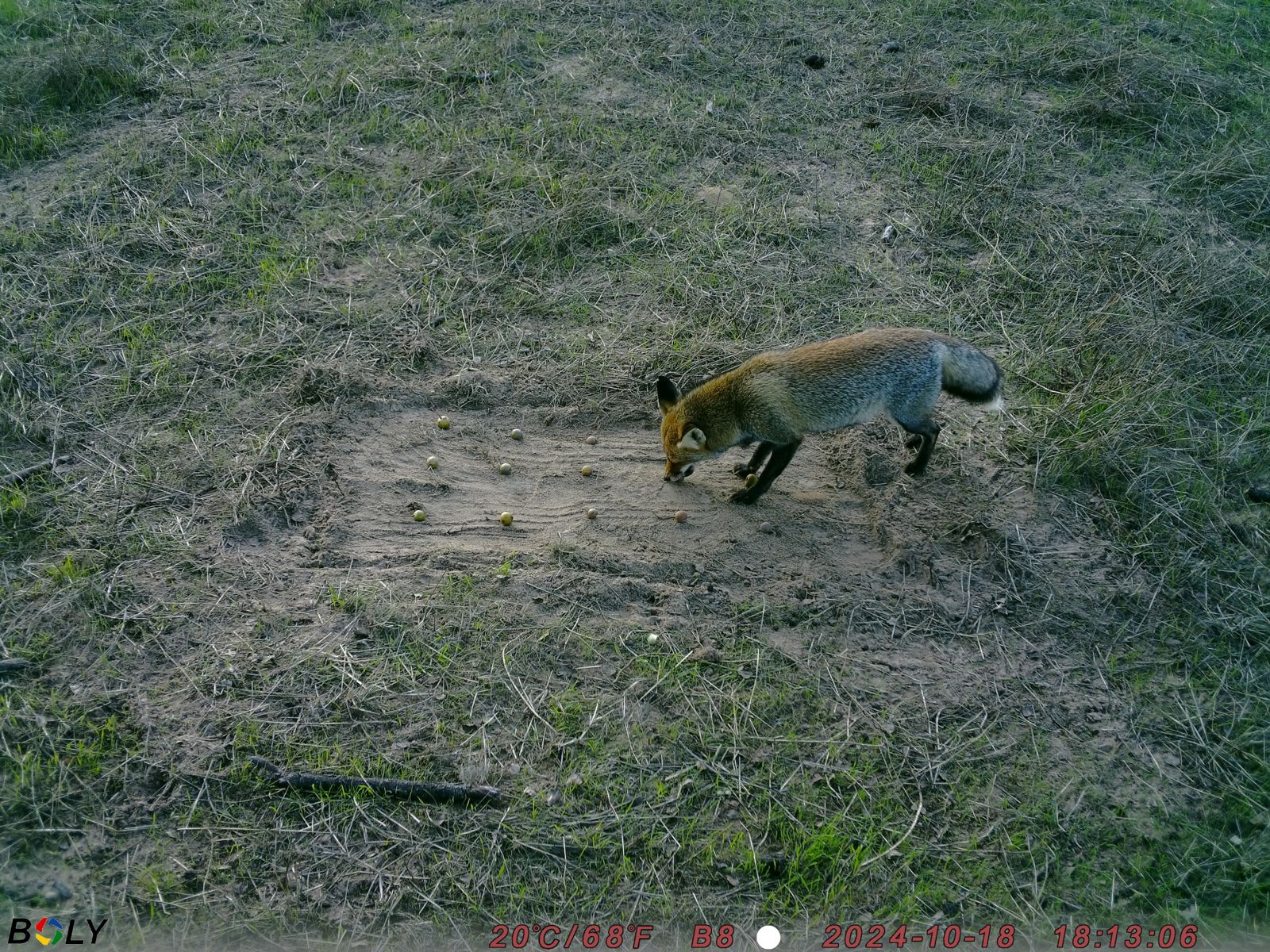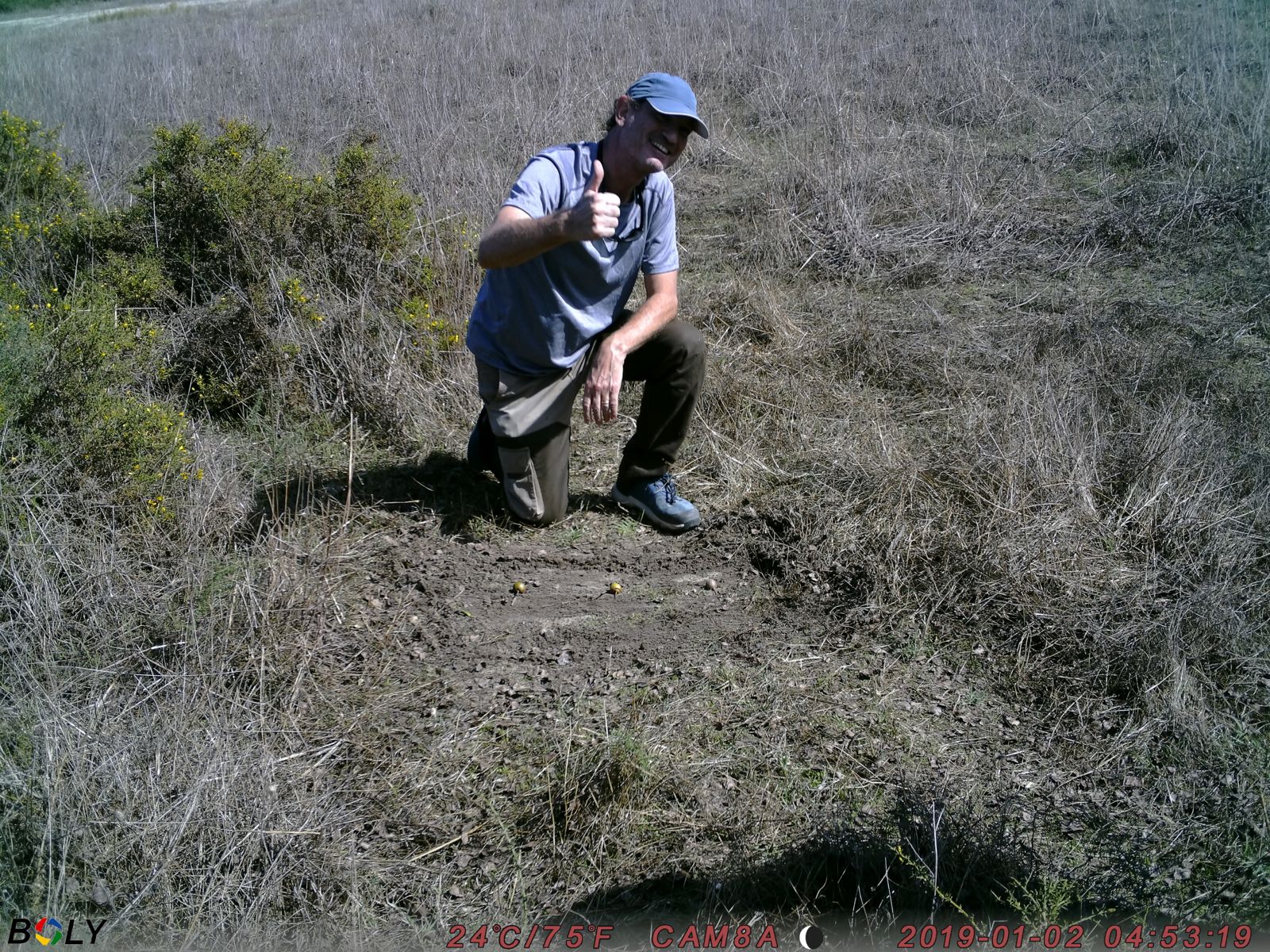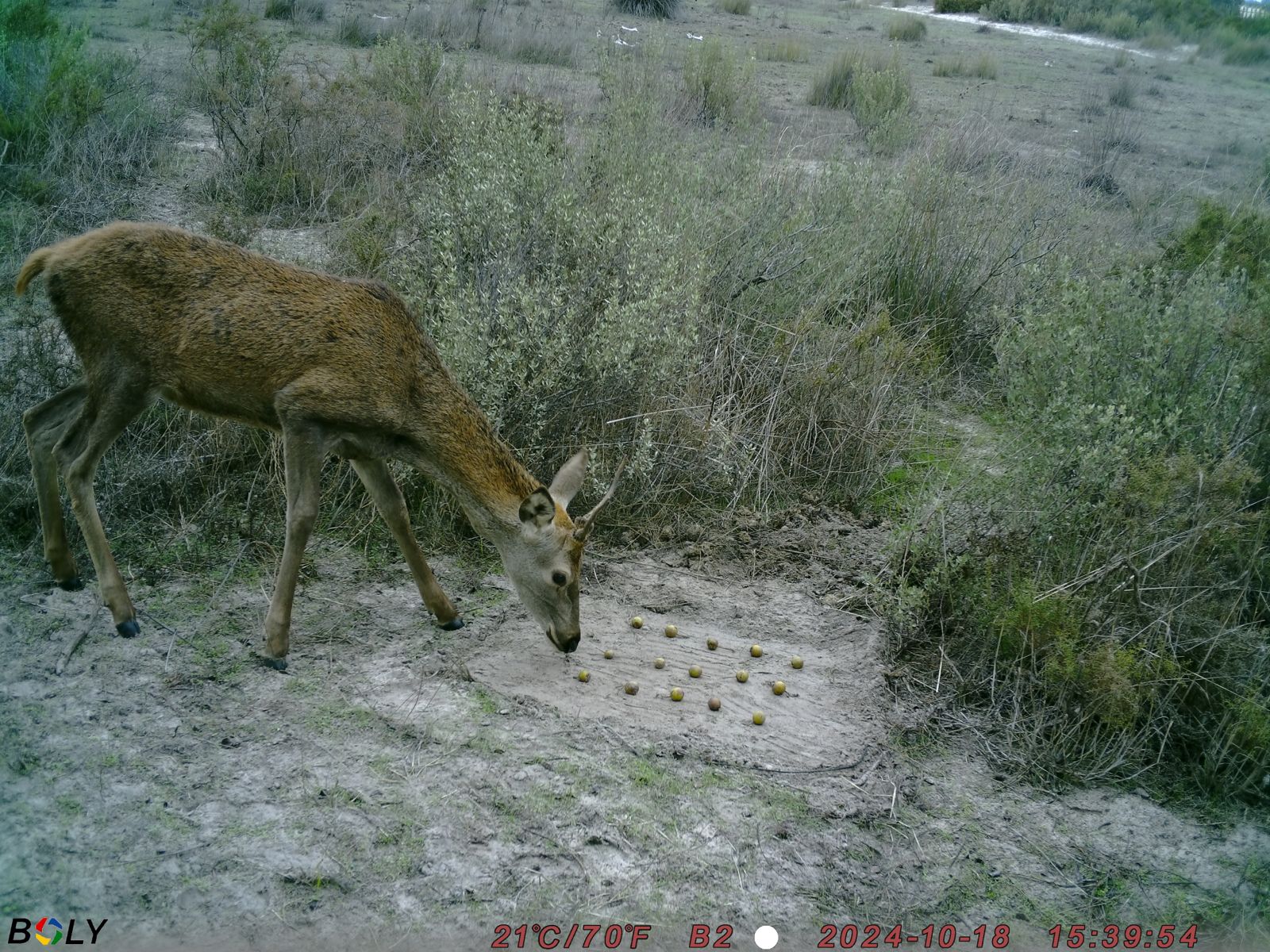Our group focuses on the study of patterns, mechanisms and consequences of plant-animal interactions within ecological, microevolutionary and applied frameworks. To this end, we employ field observations and experiments, spatially explicit individual-based modeling, and molecular techniques. Some aspects of these interactions in which we are particularly interested are the context-dependence of ecological interactions, the mutualism-antagonism continuum, functional diversity, spatial ecology, and movement ecology. Plant-animal interactions generate critical ecosystem functions and services for ecosystem maintenance (e.g. seed dispersal, pollination, herbivory) that are threatened by various components of global change (e.g. defaunation, overfaunation, fragmentation). Therefore, we are also interested in applied aspects of management, conservation and restoration of plant-animal interactions. Our work is mainly developed in Mediterranean areas of the Iberian Peninsula, such as Doñana National Park, Sierra Morena or the Portuguese Algarve.
Jose M. Fedriani (Tenured Researcher, CSIC)
Fotografías realizadas por Brayan Morera (doctorando del CIDE).
 |
 |
 |
| Fox, Vulpes vulpes, eating the fruit of the pyrethrum, Pyrus bourgaeana, in one of our field experiments in the Doñana Biological Reserve (Huelva). | Jose M. Fedriani installing one of the pyrope fruit offerings. | Young male deer, Cervus elaphus, sniffing one of the piruetano fruits offered. |










